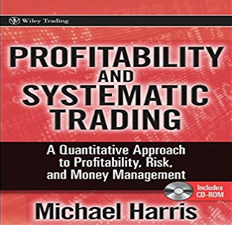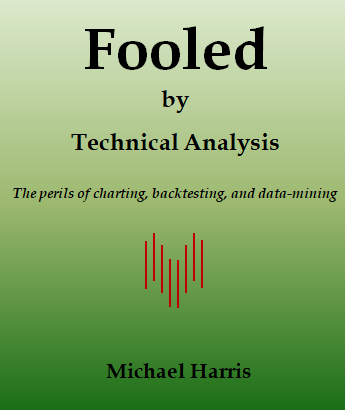Another list of “lessons” I don’t need.
Update: May 16, 2022 (Fixed a few typos and made minor corrections.)
The list of lessons was reported by Pragmatic Capitalism and it was attributed to Bruce Berkowitz of Fairholme. I haven’t checked the source but here are my replies:
1. You always have to have cash, especially when no one else has it. (John Burbank of Passport Capital has said the same: “Cash is most valuable when others don’t have it.”)
I see this as common sense, not as a lesson. If you have to learn this lesson, then you’re in trouble.
2. No free lunch- it’s not free, or it’s not lunch.
Most retail traders offer free lunches to professionals. Some professionals are the free lunch of the central bankers.
3. You can’t change people! You can change yourself, but not others.
Trying to change others is what corporations, states, and other power centers with manipulative power do all the time. Weak people try to change themselves.
4. You only see reality under extreme stress- you want to get to know someone, you need to see them under extreme stress.
Extreme stress is something that you should avoid under all conditions. If you reach extreme stress, the notion of reality is useless; you have done something wrong. Reality is the average, not the extremes.
5. Volatility is not risk!
Volatility is a measure of risk but the risk cannot always be measured.
6. Always assume you will have bad luck.
Assumptions tend to turn to facts with human nature. Always assume that you are lucky but manage your risk well.
7. Few variables to win. Once you have to think about more than 3 variables, your odds of winning are low.
Let us think about the “simplest” of all possible trades: You buy in the future 100 shares of stock XYZ @ $100 and you set your stop loss at 5%. You already have 7 variables:
– Market direction
– Your stop-loss
– Your profit exit
– Your timeframe – possibly daily
– The risk percent based on bankroll
– The particular stock you selected
Thus, even the simplest investment/trading decision involves 6 variables at a minimum. Most more complex strategies, like covered call writing, for example, involve more than 20 variables.
8. If you have to use more than 6th-grade math, you’re in trouble.
Is this why HFT (High-Frequency Trading) is in trouble? Or statistical arbitrage? This “lesson” is problematic.
Investment lessons? No thanks. Just follow the bubble markets and that is enough if you are lucky to get out at the top. A few are under development at this time.






